It depends on your menstrual flow, and a little trial and error
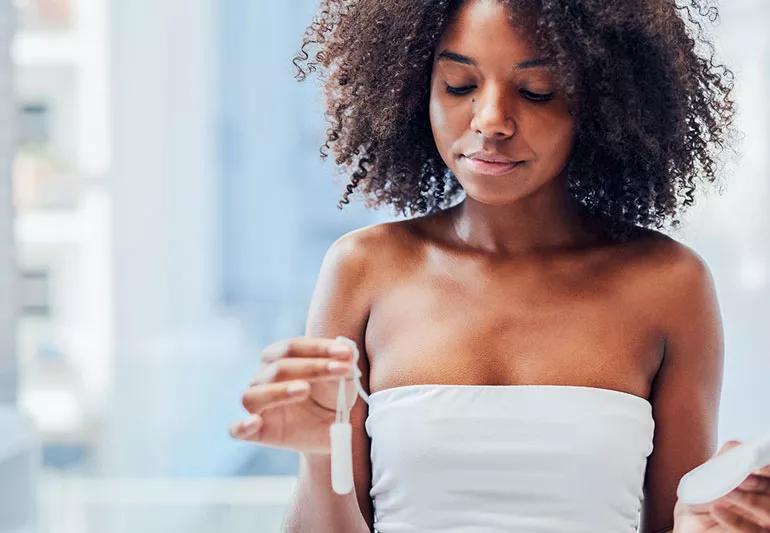
Whether you’re new to Aunt Flo’s monthly visits or your menstrual product isn’t cutting it, knowing what tampon sizes to use can make all the difference.
Advertisement
Cleveland Clinic is a non-profit academic medical center. Advertising on our site helps support our mission. We do not endorse non-Cleveland Clinic products or services. Policy
Our first fact for you: Manufacturers size tampons based on their level of absorbency — not their physical size, like their length or width.
And as Ob/Gyn George Drake, DO, explains, there’s a method to the madness of choosing the right size.
Tampon sizes from smallest to largest include:
“Different companies may call the sizes different things,” says Dr. Drake. “For example, some light-sized tampons are called slender.”
Some brands also refer to their biggest tampon sizes as super plus or ultra, which may absorb a few more milliliters of blood than super-absorbency tampons.
Dr. Drake recommends choosing your tampon size based on how heavy or light your flow is. For example, if your period is very heavy, anything super or above is probably your best bet.
“It’s going to be trial and error,” Dr. Drake explains. “A good rule of thumb is that you’re using the right size if you don’t experience any leaks for four to six hours. But if the tampon is completely saturated when you remove it, consider going up a size. If it’s mostly white, consider sizing down.”
Tempted to go more absorbent so you can wear it longer without leaks? Dr. Drake says convenience comes with risks.
Advertisement
“Typically, it’s best not to leave a tampon in much longer than four to six hours,” he says. “Obviously, people wear them overnight, but the longer you do, the higher your risk for complications such as toxic shock syndrome.”
Toxic shock syndrome is a rare but serious condition. It can happen if a tampon is inserted for too long, allowing bacteria to grow on it and release toxins into your body.
You may also need to use different tampon sizes throughout your menstrual cycle.
“Typically, people have a heavier flow at the beginning of their cycle,” says Dr. Drake. “But then, the flow of blood tapers off, so you may need a larger size at first and then a smaller one later on.”
Other factors can affect what size tampon is best for you. Dr. Drake says you may need to adjust sizes when you’re:
Still having a hard time finding the right size, inserting a tampon or avoiding leakage? Dr. Drake says to check in with your Ob/Gyn. These healthcare providers are an excellent resource for all things related to that time of the month.
Advertisement
Learn more about our editorial process.
Advertisement

It’s important to angle it toward your rectum or back, along the natural curve of your vaginal canal

Yes, you can pee with a tampon in; no, they won’t stretch out your vagina or make cramps worse!

Nothing scented should go in or around your vagina!

Yes, with the right absorbency level and maximum time-frame
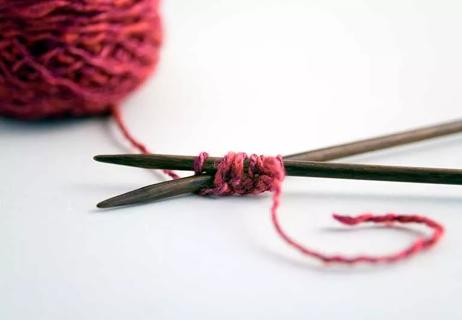
Homemade doesn't always mean safe
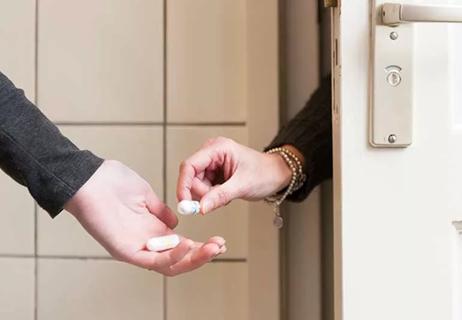
From using one at night to how often you should change them
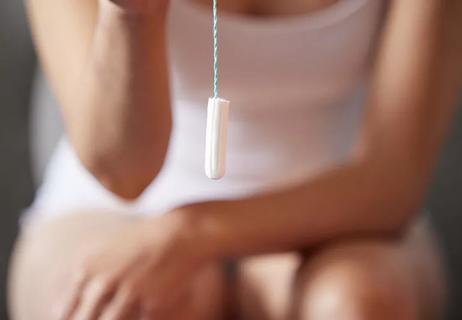
Use them within five years and store them someplace cool and dry
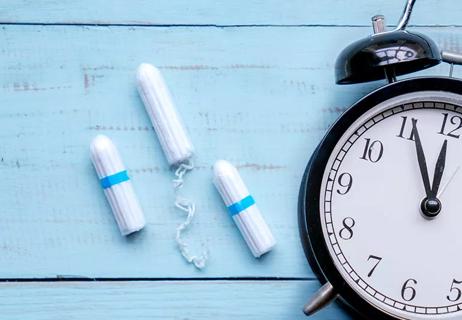
In addition to toxic shock syndrome, you risk other vaginal infections

Wearing a scarf, adjusting your outdoor activities and following your asthma treatment plan can help limit breathing problems

Your diet in the weeks, days and hours ahead of your race can power you to the finish line

When someone guilt trips you, they’re using emotionally manipulative behavior to try to get you to act a certain way